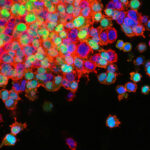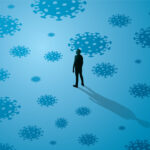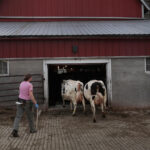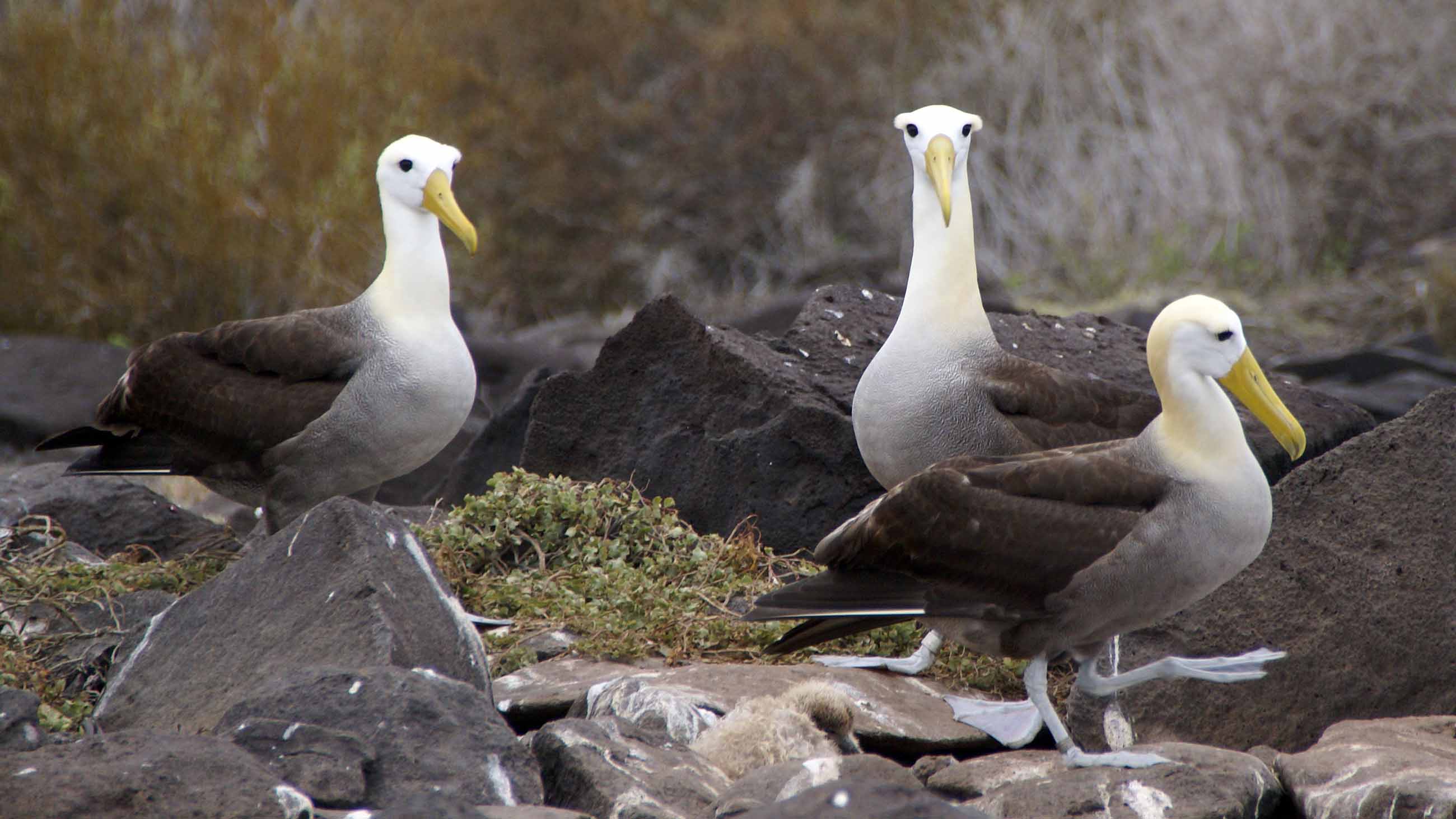Abstracts: Bird Flu, Albatross, Robots, and More
• A new strain of avian influenza is causing a wave of deaths in China. The Government Accountability Office reports that if a flu pandemic reached the U.S., only one manufacturer could be counted on to make vaccines, which are harvested from fertilized eggs. (Washington Post)
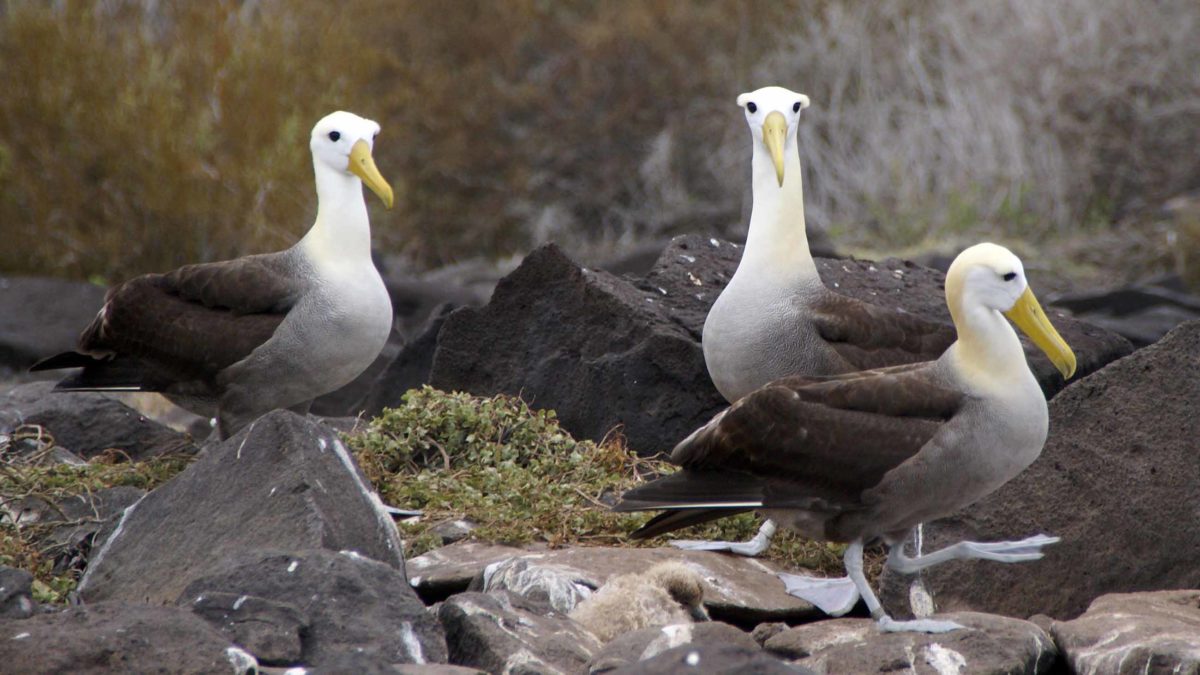
Albatross on Española Island in the Galápagos.
Visual: putneymark/CC
• A group at the British Antarctic Survey takes birdwatching to the next level by using satellites to track albatross on remote islands. (The Atlantic)
• An often overlooked risk of firearms is exposure to tiny particles of toxic lead. A new policy at the Department of Defense lowers its employees’ allowable exposure to 20 micrograms of lead per deciliter of blood, three times as restrictive as its previous standard. (NPR)
• The White House is set to appoint two governors, a congressman in recovery, and a Harvard addiction researcher to its bipartisan Commission on Combating Drug Addiction and the Opioid Crisis. Critics say the issue has already been thoroughly studied and many expert recommendations already made, including an extensive surgeon general’s report last year. (STAT)
• Scientists at MIT are using robots to teach other robots — a glimpse into the future of robotic reinforcement learning. (Wired)
• People with HIV are living to an average age of 78, 10 years longer than those who contracted the virus in the mid-90’s, suggests a new study in Lancet HIV. The study, which looked at people across 18 countries, demonstrates that current therapies are working but that people with HIV still don’t live as long as those without. (Time)
• A blind mountain climber uses a device that enables his tongue to sense the rock face, restoring the hand-to-eye climbing coordination he had before losing his sight. (The New Yorker)
• Chinese scientists are calling for a crackdown on a booming market in counterfeit reagents — substances used in chemical or biological tests — that waste time and materials and could undermine the country’s efforts to become a world leader in science. (Nature)
• Experts, advisers, and diplomats urge President Trump not to abandon the Paris climate agreement. They call it a less rigorous, more flexible plan than its predecessor, the Kyoto Protocol, and say there are few compelling reasons to leave. (New York Times)
• And finally, wandering street vendors arrange blister packs of pills into towering sculptures and dole out medical advice on the streets of Port-au-Prince, Haiti. (National Geographic)


